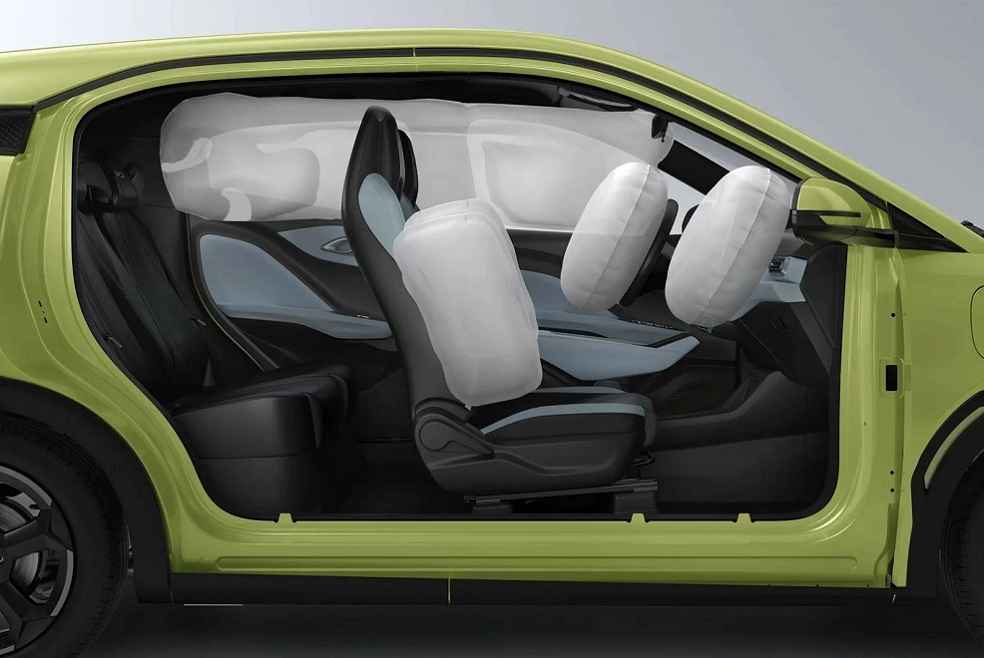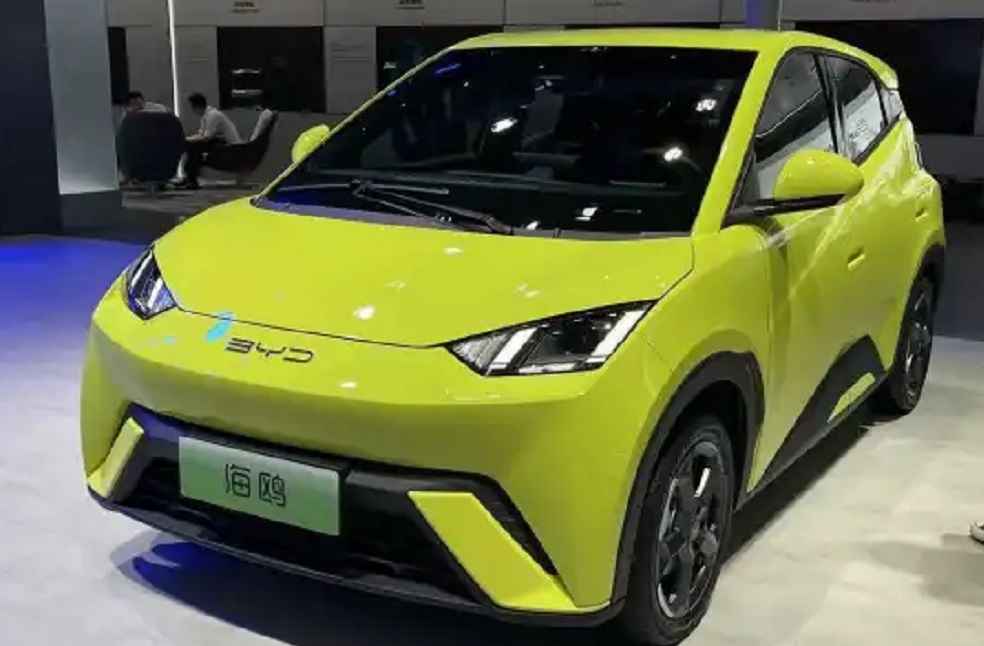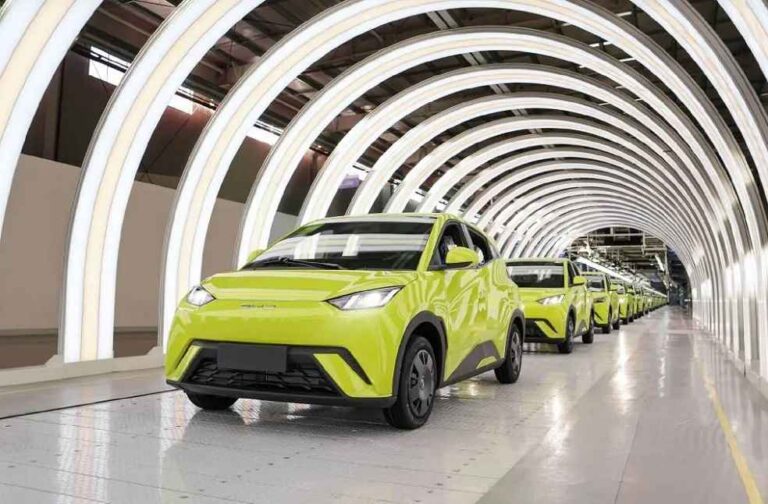A striking development reminiscent of the auto industry disruptions of the 1970s, the Seagull, a compact electric vehicle from Chinese automaker BYD, threatens to challenge the U.S. automotive sector. This economical yet efficient car has raised significant concern among American automakers and policymakers.
Introduction to the Seagull:
Launched in China last year, the Seagull commands attention due to its affordability and impressive specifications. Priced at approximately $12,000 in China—with a basic model available for under $10,000—the Seagull rivals U.S. EVs typically costing three times as much. Current tariffs prevent its entry into the U.S. market, where it would sell for more than $12,000.

Industry Impact:
Experts anticipate that a surge of such economical EVs might echo the market upheaval triggered by Japanese automakers decades ago. The Biden administration has proposed a severe 100% tariff on Chinese EVs, aiming to safeguard U.S. employment and national security interests. Meanwhile, BYD’s advancements in manufacturing efficiency and battery technology allow for low production costs and competitive pricing globally.
U.S. Auto Industry Response:
The potential competition necessitates a strategic reevaluation among U.S. automakers. Insights from Terry Woychowski at Caresoft Global underscore the urgency for American companies to adapt swiftly. Innovations like BYD’s simplified vehicle design, which includes a single windshield wiper to reduce costs and weight, set new benchmarks in the industry.

Global Sales and Strategy:
Though BYD has not yet targeted the U.S. market, it has successfully marketed the Seagull in Latin America, where it retails for around $21,000 due to added transportation costs and profit margins. Last year’s global sales reached 3 million vehicles, demonstrating the benefits of economies of scale. The Seagull’s burgeoning market share in Europe, now capturing 10% of the EV market, signals its potential to reshape the global automotive landscape.
At a critical juncture for the automotive sector, U.S. companies and policymakers face the challenge of navigating these new competitive dynamics with strategic foresight. Ford’s development of a cost-effective small EV in response to BYD’s market penetration exemplifies the rapid evolution required in this dynamic industry. With the ongoing debate over tariffs and trade, the resilience and adaptability of the U.S. auto industry will likely determine its future in this increasingly globalized market.
AUTO TECH | Netherlands Opens Advanced Battery Lab to Lead Global Energy Transition





